Israel faces genocide charges. Will they stick?
The war in Gaza has killed thousands of civilians. Judges will decide if that's a war crime.

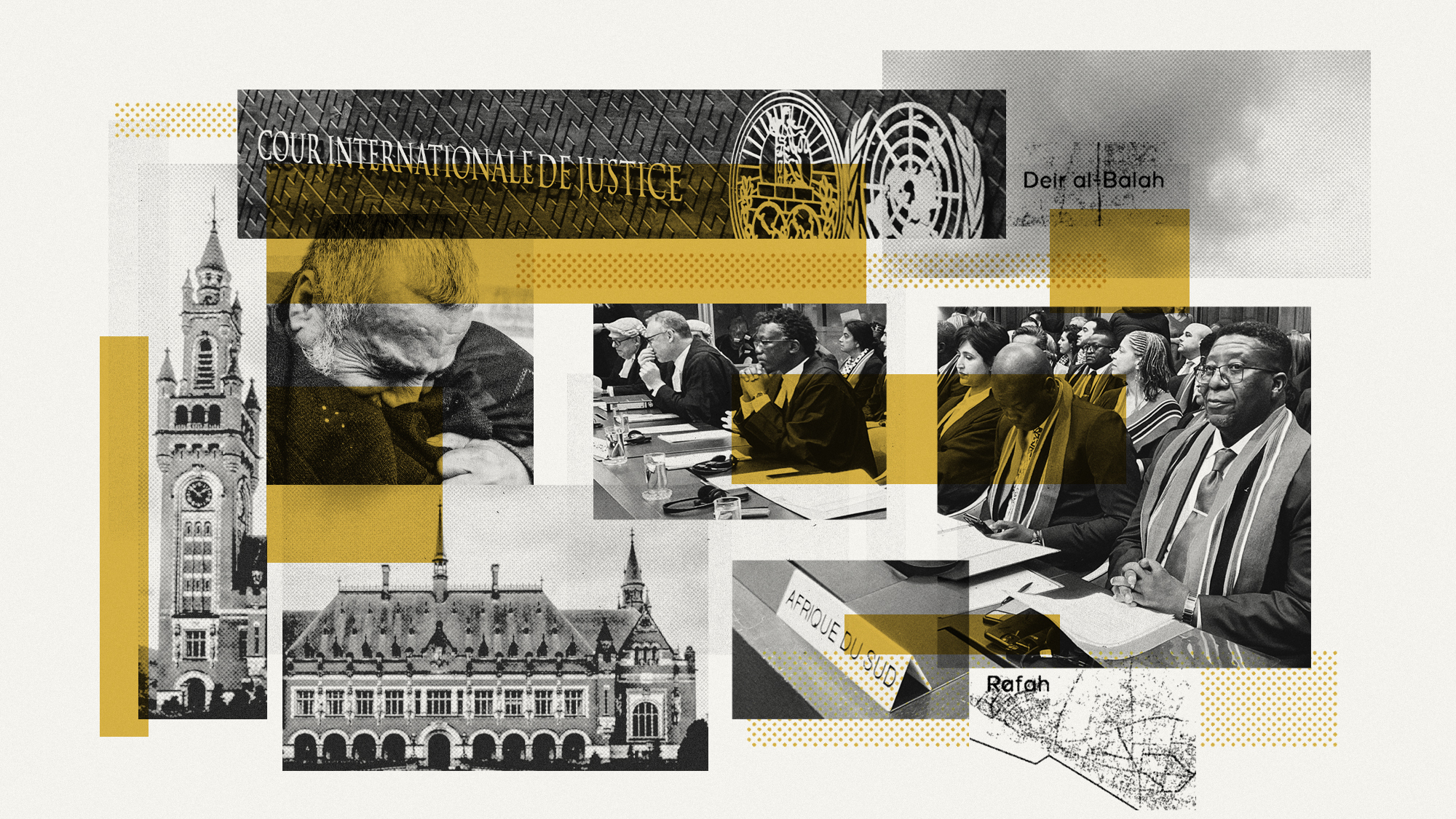
Something extraordinary happened on Thursday. Israel — created as a modern nation in the aftermath of the Holocaust — went on trial in the International Court of Justice (ICJ) in The Hague, accused of genocide in the Gaza Strip.
The court "has never judged a country to be responsible for genocide," The Associated Press reported. That could change. Israel's war against Hamas, started after the murderous Oct. 7 attacks by the Palestinian group, has reportedly killed more than 23,000 Gazans. South Africa lodged the formal accusation against Israel, and on Thursday asked for a halt to the war. "Nothing will stop the suffering except an order from this court," said South African lawyer Adila Hassim.
Reuters reported that Israel, of course, denies the allegations. "We have seen today one of the biggest shows of hypocrisy in history when South Africa became the legal arm of a terror organization, Hamas," a Foreign Ministry spokesperson. The war against Hamas came only after the attacks in which hundreds of Israelis were "massacred, executed, murdered, burned alive, raped and kidnapped." Israel, the spokesperson said, "is executing its right to self-defense."
The Week
Escape your echo chamber. Get the facts behind the news, plus analysis from multiple perspectives.

Sign up for The Week's Free Newsletters
From our morning news briefing to a weekly Good News Newsletter, get the best of The Week delivered directly to your inbox.
From our morning news briefing to a weekly Good News Newsletter, get the best of The Week delivered directly to your inbox.
Israeli officials, though, are nervous about the outcome of this week's hearings. "Since there is a bloc of anti-Israel judges, we should be worried," Hebrew University's Robbie Sabel told The Times of Israel. A declaration of genocide, he said, "would be a stain on our reputation."
What the commentators said
The charges against Israel "cannot be so easily dismissed," Mark Leon Goldberg argued at The New Republic. South Africa's case quotes "over a dozen senior civilian and military leaders," including Prime Minister Benjamin Netanyahu, to support the notion that the mass death of Gaza civilians "is not merely an unfortunate consequence" of the war against Hamas, but is instead "part of the point." Don't expect any judgments soon, however. At the ICJ, "the wheels of justice move very, very slowly."
"Israel is not committing genocide — but Hamas is," Stanislav Pavlovschi and Arsen Ostrovsky wrote at The Hill. The crime of genocide "has nothing to do with the number of civilian casualties" and everything to do with the intent to destroy "a national, ethnic, racial or religious group." Hamas has declared its goal is the destruction of Israel. But Israel's goal is to destroy Hamas. "Israel," the pair write, "is not seeking to destroy the Palestinian people, whether in whole, in part, or in any manner."
"Genocide or not, Israel has lost the moral high ground," Avraham Shama countered, also at The Hill. After Hamas' initial attack, the "world's public opinion was supportive of Israel's right to retaliate." But the "wholesale, indiscriminate killing of Palestinians" has reversed that calculus. Israel "can no longer claim 'we are different, we are more humane.'"
A free daily email with the biggest news stories of the day – and the best features from TheWeek.com
What next?
Israel is hoping for vindication at ICJ, Axios reported, with a "strategic goal" of having the court "recognize that the Israeli military is operating in the Strip according to international law." But it's not clear how much difference an adverse ruling would actually make. The court, after all, already ordered Russia to cease its invasion of Ukraine — and the war is still grinding on after two years. "While ICJ orders are binding, they are hard to enforce."
But some critics say that Israel has already lost a significant battle by seeing this case go before the court. "South Africa has already won by getting the hearing, and Israel knows it," Francis Boyle, a human rights lawyer, told CBS News. An order to halt the war could — technically — be accompanied by United Nations sanctions against Israel, though it is likely the United States would veto any U.N. efforts to punish Israel. The Biden administration remains committed to Israel, and that remains true amidst the genocide charges: Secretary of State Antony Blinken this week called the allegations "meritless."
Joel Mathis is a writer with 30 years of newspaper and online journalism experience. His work also regularly appears in National Geographic and The Kansas City Star. His awards include best online commentary at the Online News Association and (twice) at the City and Regional Magazine Association.
-
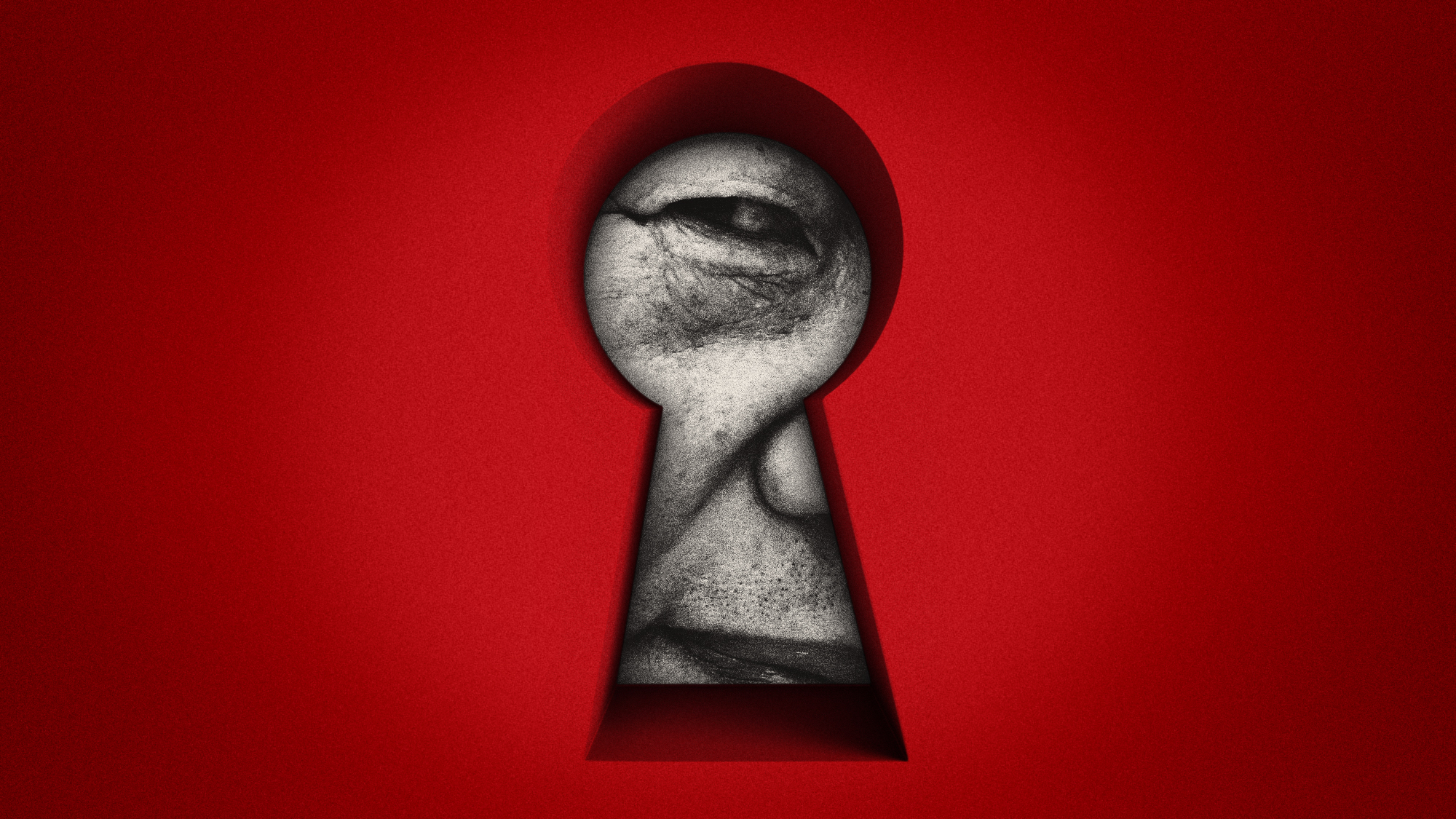 Is the Chinese embassy a national security risk?
Is the Chinese embassy a national security risk?Today’s Big Question Keir Starmer set to approve London super-complex, despite objections from MPs and security experts
-
 Why X faces UK ban over Grok deepfake nudes
Why X faces UK ban over Grok deepfake nudesThe Explainer Ofcom is investigating whether Elon Musk’s AI chatbot breached Online Safety Act
-
 The ‘eclipse of the century’ is coming in 2027
The ‘eclipse of the century’ is coming in 2027Under the radar It will last for over 6 minutes
-
 Do oil companies really want to invest in Venezuela?
Do oil companies really want to invest in Venezuela?Today’s Big Question Trump claims control over crude reserves, but challenges loom
-
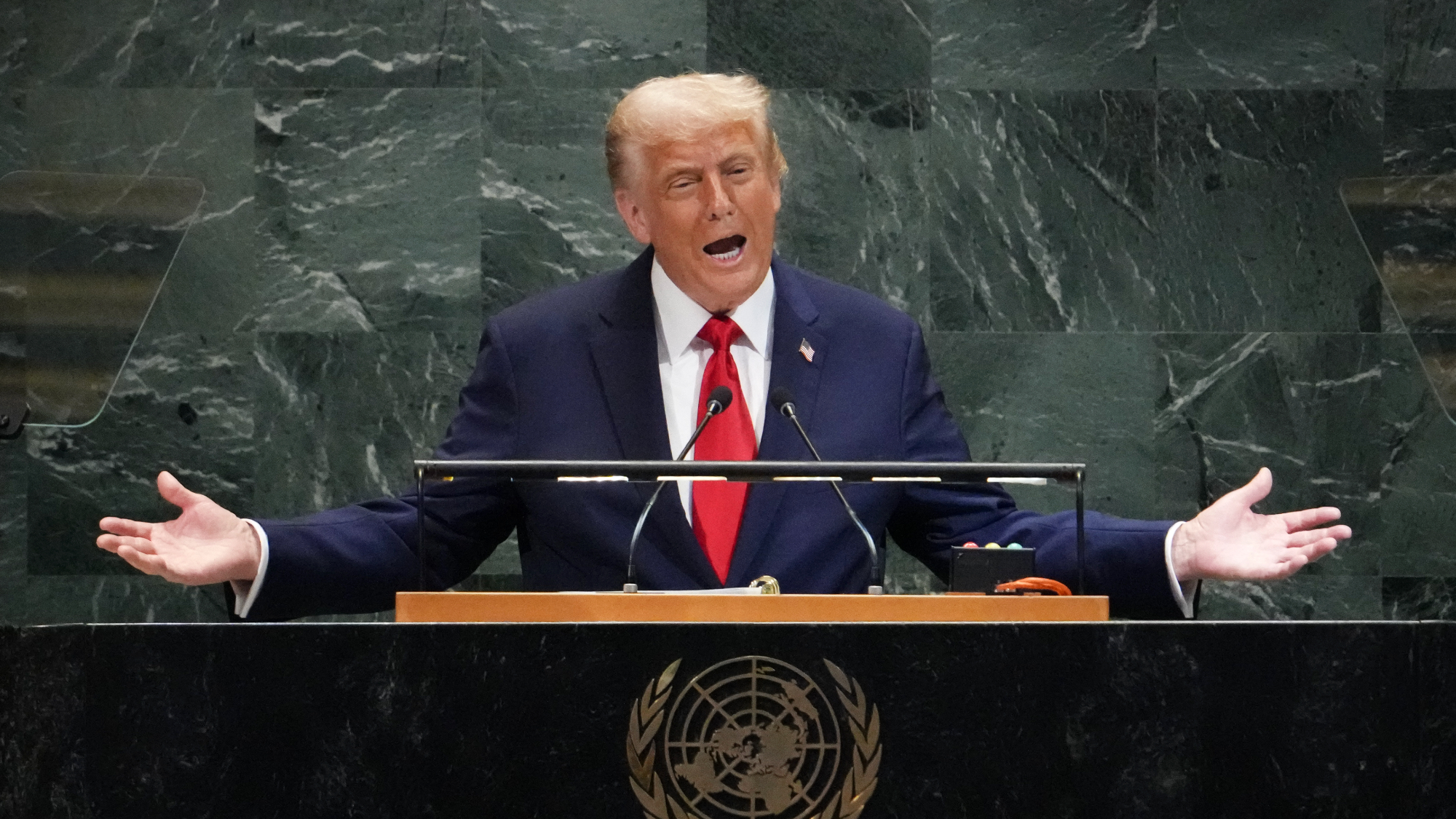 Trump pulls US from key climate pact, other bodies
Trump pulls US from key climate pact, other bodiesSpeed Read The White House removed dozens of organizations from US participation
-
 What is China doing in Latin America?
What is China doing in Latin America?Today’s Big Question Beijing offers itself as an alternative to US dominance
-
 Why is Trump killing off clean energy?
Why is Trump killing off clean energy?Today's Big Question The president halts offshore wind farm construction
-
 Why does Trump want to reclassify marijuana?
Why does Trump want to reclassify marijuana?Today's Big Question Nearly two-thirds of Americans want legalization
-
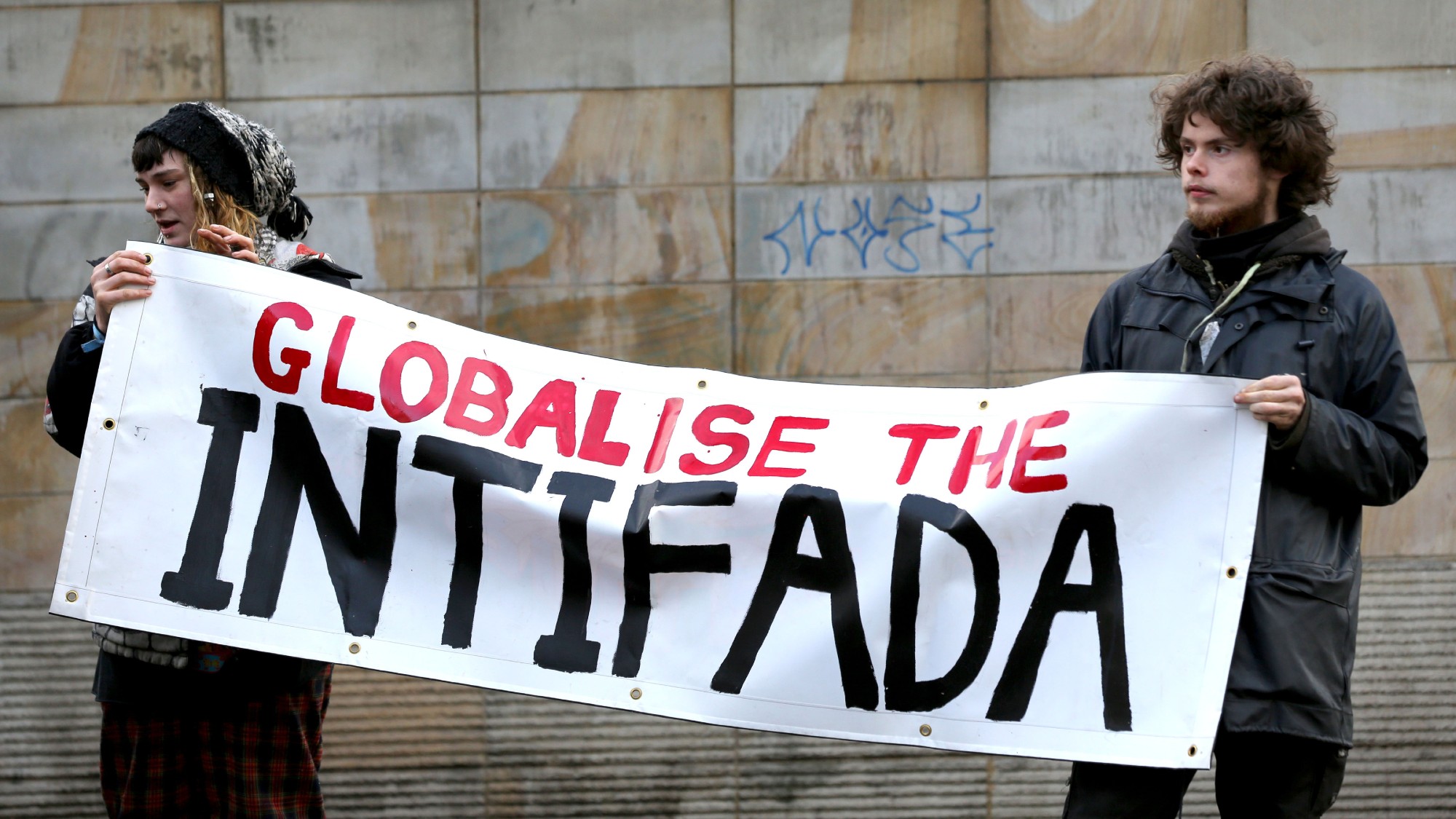 What is the global intifada?
What is the global intifada?The Explainer Police have arrested two people over controversial ‘globalise the intifada’ chants
-
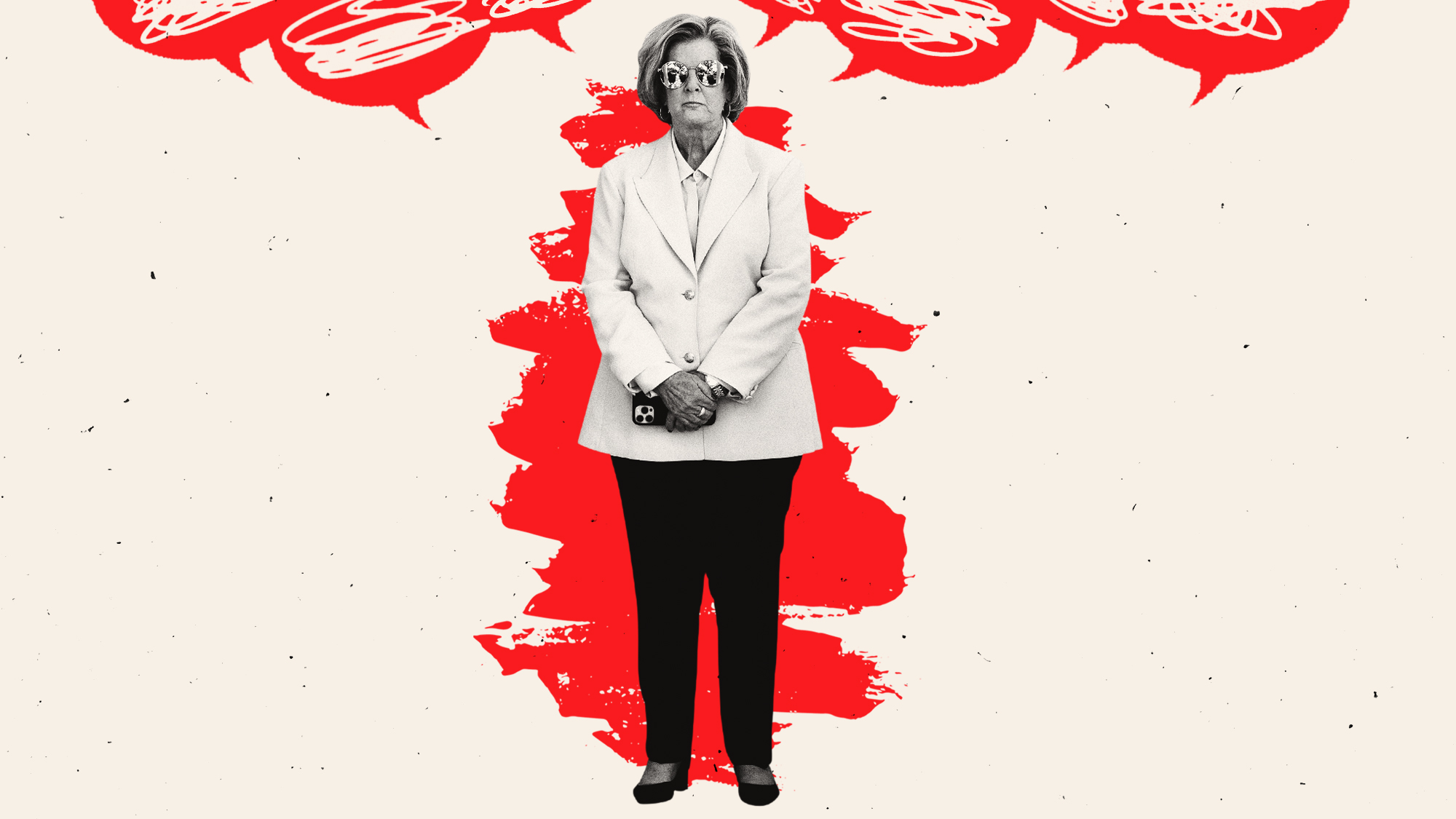 Why does White House Chief of Staff Susie Wiles have MAGA in a panic?
Why does White House Chief of Staff Susie Wiles have MAGA in a panic?TODAY’S BIG QUESTION Trump’s all-powerful gatekeeper is at the center of a MAGA firestorm that could shift the trajectory of the administration
-
 Hegseth rejects release of full boat strike footage
Hegseth rejects release of full boat strike footageSpeed Read There are calls to release video of the military killing two survivors of a Sept. 2 missile strike on an alleged drug trafficking boat
